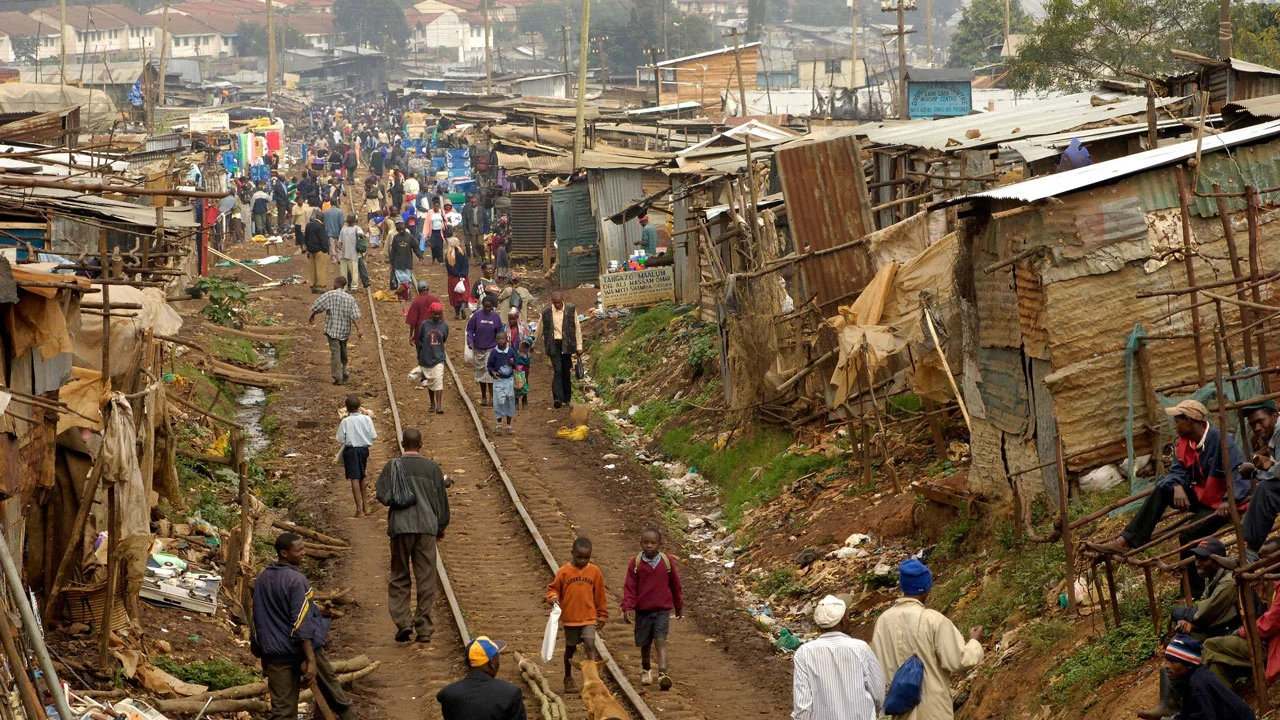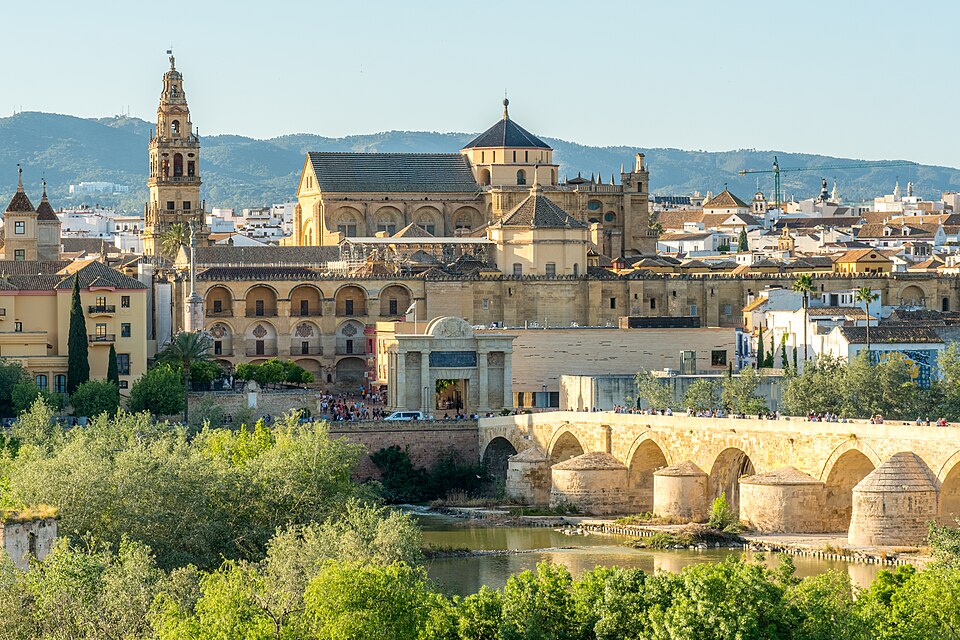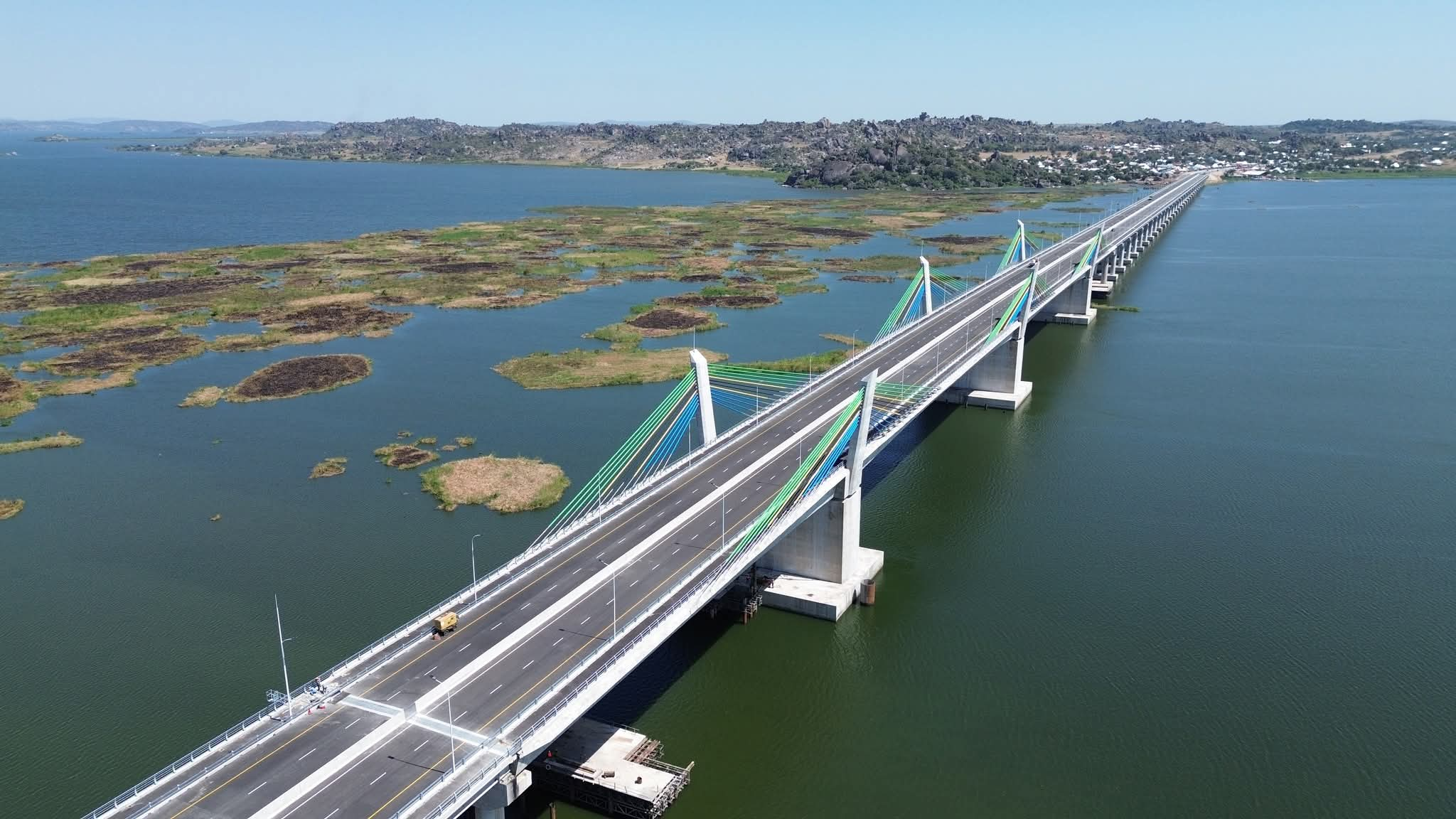FINANCIAL AID: Why poverty and underdevelopment are still rife in Africa

Did you know that between 1960 and 1997, foreign nations sent over US$500 billion to African nations in the form of direct aid but the money has had little or no effect in addressing poverty and its economic development?
In 2002, then-president of Senegal, economist Abdoulaye Wade, was quoted as saying: "I've never seen a country develop itself through aid or credit. Countries that have developed—in Europe, America, Japan, Asian countries like Taiwan, Korea and Singapore—have all believed in free markets. There is no mystery there. Africa took the wrong road after independence.''
it is a general consensus that financial aid, which is money given to assist poor developing countries, has had little long-term effect in addressing poverty and development on the African continent. The Cato Institute argues that this is because, rather than increasing development, financial aid creates dependence on foreign investments. For example, as of 2005, the budgets of Ghana and Uganda were more than 50 percent aid-dependent.
Despite its abundant natural resources, the African continent has always taken the lead when the topic of poverty and poor economic development takes the center stage. According to Wikipedia, African nations typically fall toward the bottom of any list measuring small size economic activity, such as income per capita or GDP per capita, despite a wealth of natural resources.
For instance, in 2009, 22 of 24 nations identified as having "Low Human Development" on the United Nations' (UN) Human Development Index were in Sub-Saharan Africa. As of 2019, 424 million people in sub-Saharan Africa were reportedly living in severe poverty. In 2022, 460 million people—an increase of 36 million in only three years—were anticipated to be living in extreme poverty as a result of the COVID-19 pandemic and the Russo-Ukrainian war.
Between 1960 and 1997, foreign nations determined to tackle poverty and underdevlopment on the continent sent over $500 billion (U.S.) to African nations in the form of direct aid. However, a large percentage of the money was either invested in weapons (money that was spent back in developed nations, and provided little or no benefit to the native population) or was directly misappropriated by corrupt governments.
In addition, most African nations have owed substantial sums of money. As such, many newly democratic nations in Africa are saddled with debt run up by totalitarian regimes. Large debts usually result in little being spent on social services, such as education, pensions, or medical care. Moreover, most of the debt currently owed represents only the interest portion on the debt, and far exceeds the amounts that were actually borrowed (although this is true of large debts in developed nations as well).
Authors Leonce Ndikumana and James K. Boyce estimate that from 1970 to 2008, capital flight from 33 sub-Saharan countries totalled $700 billion. Most African nations are pushing for debt relief, as they are effectively unable to maintain payments on debt without extending the debt payments indefinitely. However, most plans to forgive debt affect only the smallest nations, and large debtor nations, like Nigeria, are often excluded from such plans.
What large sums of money that are in Africa are often used to develop mega-projects when the need is for smaller scale projects. For example, Ghana was the richest country in Africa when it obtained independence. However, a few years later, it had no foreign reserves of any consequence. The money was spent on large projects that turned out to be a waste of resources. Some of these projects include the Akosombo Dam which was built to supply electricity for the extraction of aluminium from bauxite. Unfortunately, Ghanaian ores turned out to be too low grade and the electricity is now used to process ores from other nations. Storage silos for the storage of cocoa were built to allow Ghana to take advantage of fluctuations in the commodity prices. Unfortunately, unprocessed cocoa does not react well to even short-term storage and the silos now sit empty.
Another example of misspent money is the Aswan High Dam. The dam was supposed to have modernized Egypt and Sudan immediately. Instead, the block of the natural flow of the Nile River meant that the Nile's natural supply of nitrate fertilizer and organic material was blocked. Now, about one-third of the dam's electric output goes directly into fertilizer production for what was previously the most fertile area on the planet. Moreover, the dam is silting up and may cease to serve any useful purpose within the next few centuries. In addition, the Mediterranean Sea is slowly becoming more saline as the Nile River previously provided it with most of its new fresh water influx.
Corruption is also a major problem in the region, although it is certainly not universal or limited to Africa. Many native groups in Africa prioritize family relationships over national identity, so people in authority often use nepotism and bribery for the benefit of their extended family group at the expense of their nations. For example, the Congolese president Mobutu Sese Seko became notorious for corruption, nepotism, and the embezzlement of between US$4 billion and $15 billion during his reign. Despite this, corrupt governments often do better than authoritarian ones that replace them. For example, under Ethiopian emperor Haile Selassie, corruption was rife and poverty rampant. After his overthrow, corruption was lessened, but famine and military aggressiveness came to the fore.
In any event, corruption both diverts aid money and foreign investment (which is usually sent to offshore banks outside of Africa), and puts a heavy burden on native populations forced to pay bribes to get basic government services.
In the end, foreign aid may not even be helpful in the long run to many African nations. It often encourages them not to tax internal economic activities of multinational corporations within their borders to attract foreign investment. In addition, most African nations have at least some wealthy nationals, and foreign aid often allows them to avoid paying more than negligible taxes. As such, wealth redistribution and capital controls are often seen as a more appropriate way for African nations to stabilize funding for their government budgets and smooth out the boom and bust cycles that can often arise in a developing economy. However, this sort of strategy often leads to internal political dissent and capital flight.
Sources: Wikipedia | Google AI
#penglobaldiscourse #poverty #aid #Africa


_1755775186.jpg)
